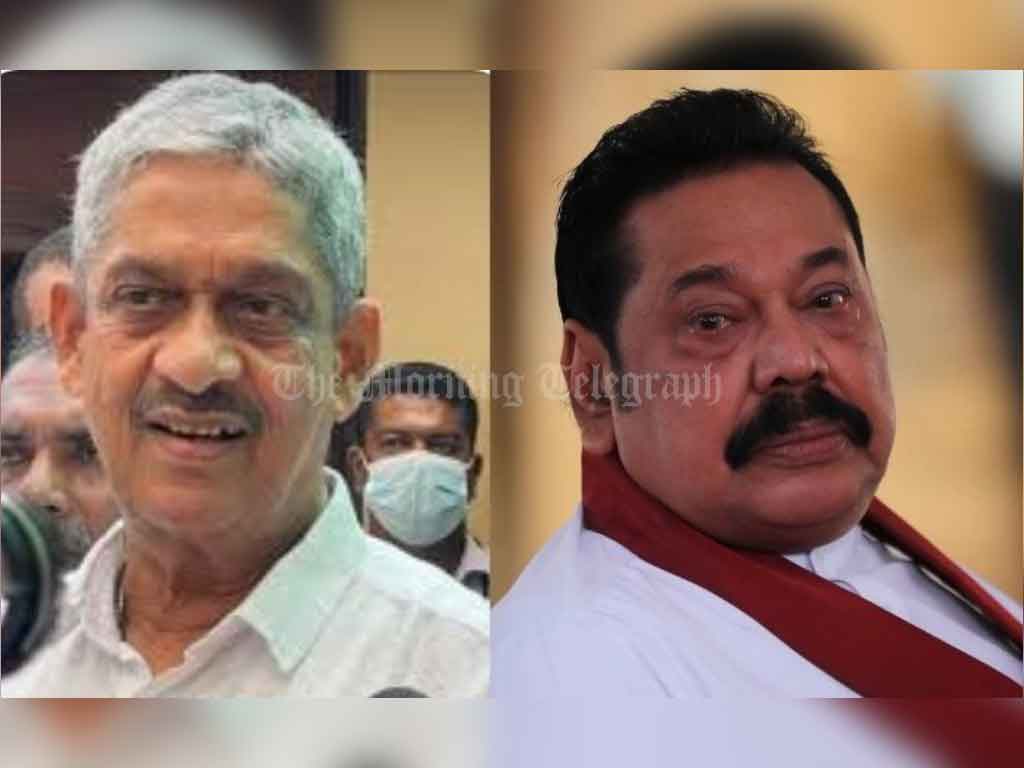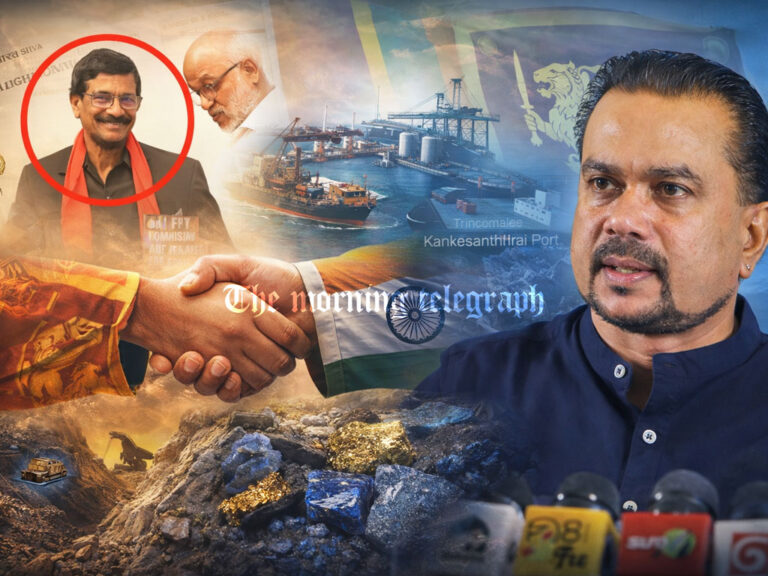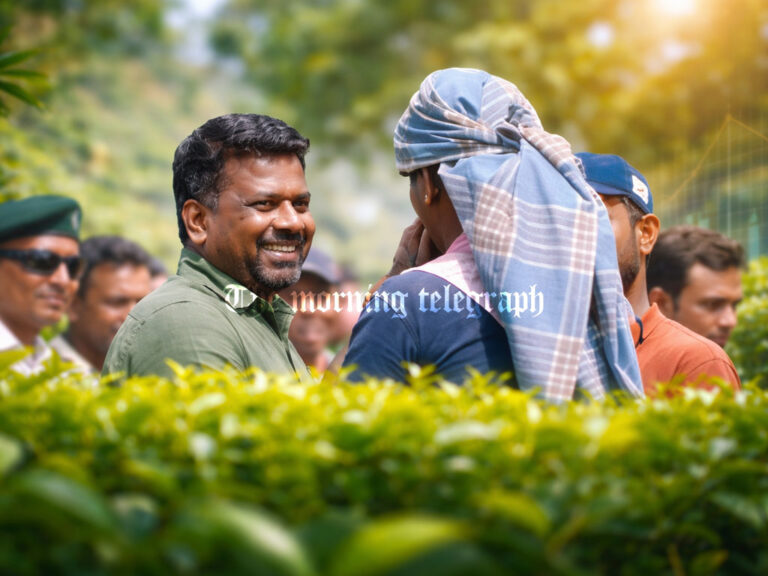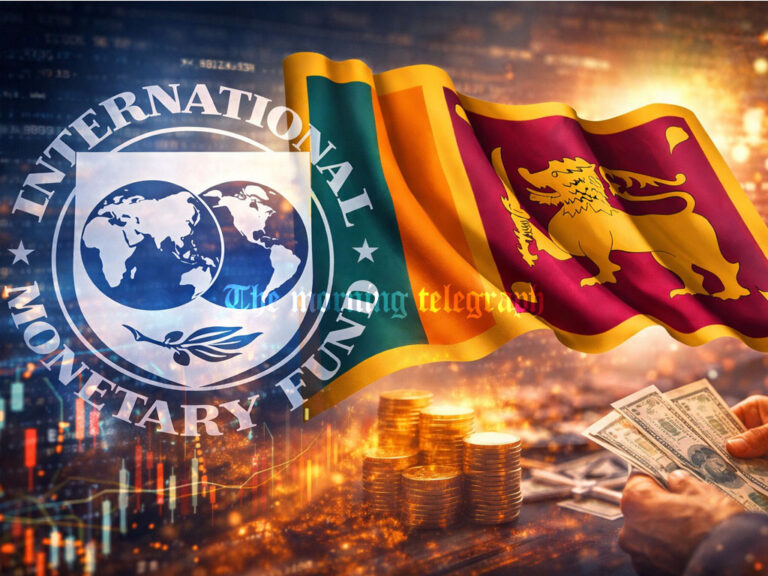
Former Army Commander and Field Marshal Sarath Fonseka has made explosive claims regarding former President Mahinda Rajapaksa’s wartime conduct, asserting that Rajapaksa never faced a real threat to his life from the LTTE due to a unique relationship between the two parties.
Speaking to the media, Fonseka said, “Even during the height of the war, there were no attempts by the LTTE to assassinate Mahinda Rajapaksa or target him with bombs. The question arises: Did he fight the war alone? No, it was us—the armed forces—who fought and led the operations.”
Field Marshal Fonseka alleged that in 2005, Mahinda Rajapaksa’s presidential campaign had financial dealings with the LTTE, claiming, “The LTTE was given $2 million to purchase suicide attack boats. This was during a time when Mahinda Rajapaksa’s policy statement emphasized peace talks with Prabhakaran rather than pursuing a military solution. The LTTE had no reason to hold a grudge against him.”
Fonseka also accused Rajapaksa of declaring a ceasefire during the final stages of the war, allowing Prabhakaran and other senior LTTE leaders an opportunity to escape. “These actions suggest that Mahinda maintained a significant understanding with the LTTE. For these reasons, the LTTE never saw him as a target,” Fonseka added.
When asked about recent rumors of a planned drone strike against Rajapaksa, Fonseka outright dismissed the idea as unrealistic. “Drones are not only expensive but also highly sophisticated. They cost more than MIG aircraft, and countries like the US or Russia are the ones who can afford them. Who would want to spend that kind of money to target Mahinda Rajapaksa? It’s an unnecessary expense,” Fonseka remarked.
He further questioned the logic behind such a high-cost operation, stating, “There’s no practical reason for anyone to go to such lengths. Mahinda’s actions during the war, including the alleged financial ties to the LTTE, indicate there was never any significant threat to his life from them.”
Fonseka’s comments have sparked a renewed debate on the wartime decisions and political strategies of the Rajapaksa administration. His allegations have raised questions about the extent of political dealings during the civil war and the motivations behind certain military and political strategies.
As the public and political analysts dissect Fonseka’s remarks, the accusations have brought the wartime leadership of Mahinda Rajapaksa under scrutiny, reigniting discussions about the complexities of Sri Lanka’s civil conflict.




